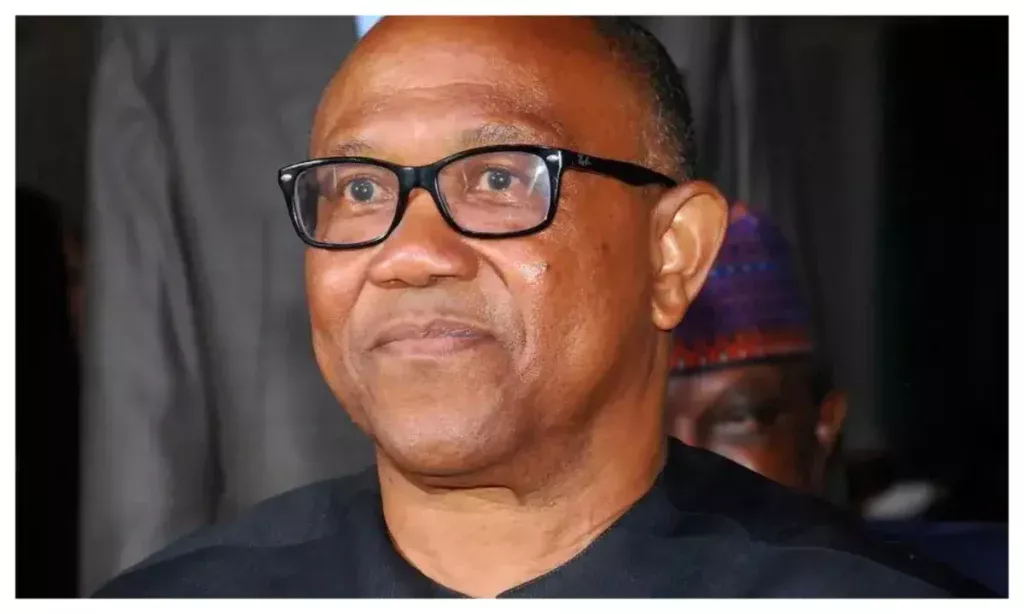The extended absence of Governor Rotimi Akeredolu from his official duties has sparked growing concern among the people of Ondo State. Following his return from a medical trip abroad, the governor has remained in Ibadan, Oyo State, rather than in the state capital, Akure. Such prolonged absence without a clear explanation has raised constitutional and governance issues, leading to calls for transparency and decisive action.
As a Senior Advocate of Nigeria (SAN) and former president of the Nigerian Bar Association (NBA), Akeredolu is well-versed in the legal and constitutional implications of his prolonged absence from office. It is imperative for state chief executives to uphold the rule of law and provide transparent governance, in order to avoid undermining the constitutional framework of the state.
Amidst the absence of Governor Akeredolu, the Deputy Governor, Lucky Aiyedatiwa, recently presided over an executive meeting, bringing a semblance of normalcy to the government. However, the administration remains mired in internal conflicts between Akeredolu’s supporters and loyalists of the deputy governor. The intervention of President Bola Tinubu in facilitating negotiations reflects the urgency of resolving the governance crisis in Ondo State.
The crisis was triggered by Governor Akeredolu’s decision to stay in Ibadan instead of returning to the seat of power in Akure upon his return from abroad. This has led to a divided government and a lack of clarity regarding the governor’s expected return. Given the ongoing health concerns surrounding the governor, his continued absence from Akure is seen as a precautionary measure, considering Ibadan’s access to the University College Hospital for potential medical emergencies.
Amidst the power struggle, Akeredolu’s loyalists, particularly members of the state House of Assembly, have threatened to impeach Deputy Governor Aiyedatiwa, citing alleged unauthorized expenditures. However, the proposed impeachment faces challenges, as the deputy governor cannot be constitutionally removed from office in acting capacity, highlighting the legal complexities at play.
The recent agreement reached in Abuja, mediated by President Tinubu, is criticized for its political rather than legal foundation, overlooking the constitutional provisions outlined in Section 190 of the 1999 Nigerian Constitution. This section clearly stipulates the deputy governor’s responsibility to assume the functions of the governor in case of the latter’s inability to discharge official duties.
Notably, Governor Akeredolu’s previous stance on presidential responsibility during the illness of late President Umaru Musa Yar’Adua in 2009 is brought into focus, where he emphasized the importance of the right course of action, urging the president to either recover swiftly, return to office, or resign. This precedent serves as a pertinent reminder given Akeredolu’s current circumstances.
In light of these considerations, and in line with his own counsel during past similar situations, Governor Akeredolu is called upon to prioritize the interests of Ondo State by considering his own resignation in the face of his prolonged absence and ongoing governance challenges. It is a pivotal moment for Akeredolu to demonstrate commitment to transparent and effective leadership, setting a precedent that aligns with legal provisions and the welfare of the state and its people.



